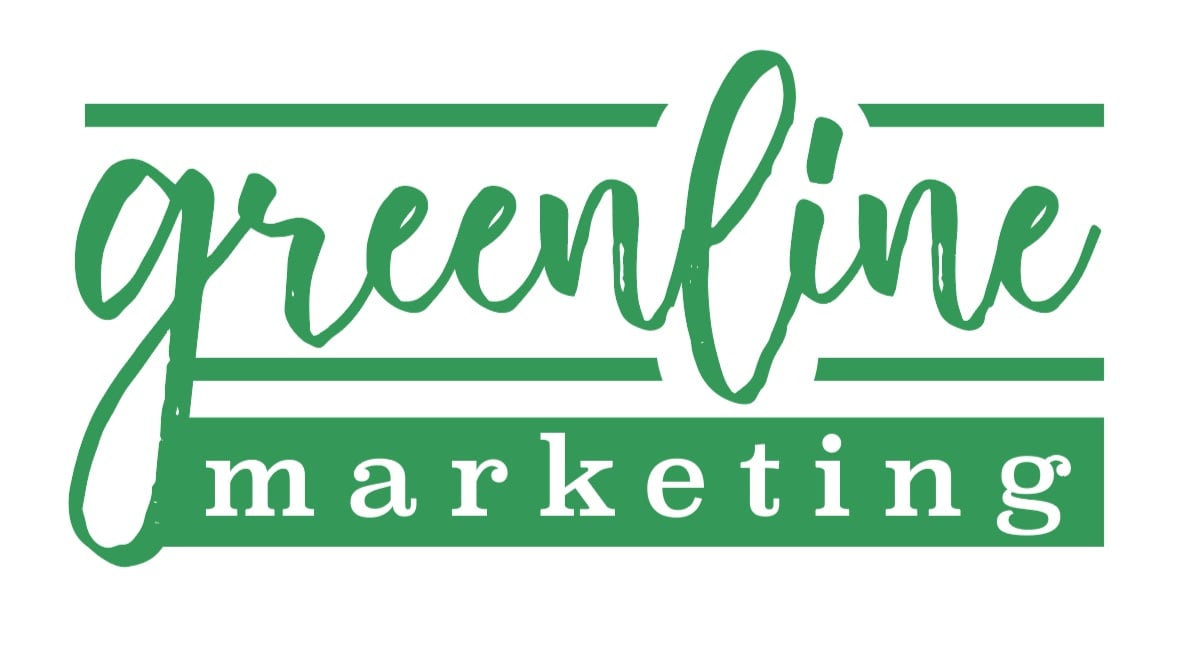Creating value - true value - for your current and potential customers is so important. It’s in large part why marketing exists. Podcasts have been around since 2006 and have increased in popularity as the years have gone on. Monthly podcast listeners have grown 54% in the last 3 years. Because of this growth, more and more businesses are implementing podcasts into their sales and marketing efforts. As of 2018, 17% of marketers actively plan to add podcasting to their marketing strategy and that percentage has continued to grow. Brands that are advertised on podcasts have found that 54% of listeners are more likely to consider their brand over others.
What is a Podcast?
Put simply, podcasts are digital audio files that consist of individual episodes on a variety of topics. They are typically made into some type of series that users or subscribers can listen to on any device, anywhere. These episodes or files are stored with a podcast hosting company - the most popular are Apple Podcasts, Buzzsprout, and Spotify. Podcasts offer the convenience of being able to subscribe to them, which means you get notified when new episodes are released.
It’s relatively inexpensive and easy to start your own podcast, which probably explains why there are so many out there today. There are currently over 1.75 million (yes, million) podcast shows on Apple Podcasts as of January 2021 and that number is only going up. In fact, 50% of all homes in the US are podcast fans. They are a great and often under-appreciated marketing tool.
5 Reasons to Use Podcasts as a Marketing Tool
1. Effectively Reach your Desired AudienceOne of the ways you can utilize podcasts as a marketing tool is to more effectively reach and connect with your desired audience. Knowing if your ideal buyer personas are avid podcast listeners is crucial to helping properly position your brand and utilizing this tool.
The great thing about podcasts is the variety of ages who spend their time here. While act, 84% of listeners are under the age of 55 podcast listeners ages 25-54 years has increased 29% - there’s just a lot of opportunity!. Taking a closer look at this group, 45% of them have a household income of $75,000 or more. This is important to know when either creating your own podcast or advertising via podcasts. Knowing more about your buyer personas and potential consumers can help you create more content that is relevant and useful to your listeners.
A real-life example of this is the #LIPSTORIES podcast by Sephora. The podcast talks about a line of lipsticks that were inspired by real women. Each episode has a different influential woman telling her own #LIPSTORIES. It’s a great approach to content marketing and the use of products offered at Sephora to connect with their desired audience by sharing empowering and encouraging stories.
Another great aspect of using podcasts in your marketing strategy is the opportunity to create a community around your business or brand. Podcasts can help you do this by creating a community in which consumers feel more connected to your brand, which can increase overall brand loyalty. Not only that, but it can allow your brand to reach a wider audience. People who might not have heard about your brand in any other situation are now given that opportunity.
Podcast listeners are people who are listening because they’re actually interested and curious about what you may have to say. This can create more involvement and increase brand loyalty because consumers feel like they are connected to your business. Podcasts can create a more engaged audience for your business. With other social media platforms, like Instagram or Facebook, you don’t quite get that same connection. Audiences that avidly listen to a business’s podcast are 20% more likely to have a stronger connection with that brand than on any other form of social media. Who doesn’t want that connection with their consumers?
Podcasts also provide great SEO benefits. Most podcasts, especially if they’re on a major platform such as Apple Podcasts or Spotify, can be linked back to your website or other social media. There are a lot of great methods for making your podcast SEO-friendly. One method is to know the relevant trends in your industry. Just like in other forms of content, it’s good to be knowledgeable about what the trending keywords and topics are. You can then implement these trends into your podcast. Another method is doing an effective transcript of your podcast. Publishing a write-up can be a great way to create readable content for listeners but it can also pique the interest and encourage consumers to give your podcast a listen. This is another opportunity to incorporate those keywords organically into your summary or recap to help increase your overall SEO. If you’re writing effective titles, meta information, and episode transcripts then you already have a great way to optimize those keywords and phrases.
Podcasts are a great way to demonstrate your knowledge in your industry and create an opportunity for industry expertise. The more niche and specific you can make your podcast, the better. Consider how you can create content and offer information that has yet to be talked about on a podcast. Finding that gap (or expertise gap) can help you stand out in your industry. With your own podcast, you can create value for someone searching for a solution or service you may offer. Having expert guest speakers and building your network can also help expand this opportunity for your brand.
Podcasts are extremely convenient for consumers. They have the ability to be downloaded and streamed pretty much anywhere. I mean, all they have to do is tune in. Avid podcast listeners tend to be more active on all social media platforms as a whole. In fact, 22% of all podcast listeners listen while driving. An overall, 49% of listeners listen at home, but the ability to be accomplishing other tasks while simply listening provides an incredible opportunity for your business. When you get people who really do enjoy your podcast, 80% of those viewers will listen to each episode. Talk about keeping your consumers engaged.
Leveraging Podcasts in Marketing: Getting Started
1. Find a Topic You’re Passionate and Knowledgeable About and Run with itSo how do you get started? Think of podcasts as a new channel for content marketing. Podcasts are another great way to provide answers to questions your audience might have.
A great podcast takes a unique approach. Introduce a new topic, try out a different format from other podcasts, use a different tone, and really voice your opinions are all great ways to make your podcast stand out. To write or outline the actual content you have to ask yourself, who is my audience, what are their potential interests, and what do I care about communicating? Once you've answered these questions it’ll be easier to decide what topic you should focus on. Remember, picking a broad topic is key so that each episode can focus on a different aspect of the main overarching concept.
In general, talking about something that you are truly passionate about is the best way to go. You know the most about it and are able to get excited about what you’re talking about. That excitement will be felt by your listeners and in turn, will hopefully get them excited about it too.
2. Make it Unique to You & Your Business
Creating a script or outline to follow while recording is a great tip to make sure you stay on topic and concise. Telling stories is a great way to share your experiences while also engaging your audience. Try out different guest speakers to get a different perspective. This will also bring in a new potential audience that is associated with your guest. A tip when choosing your guests is to make sure that they are knowledgeable, generally relevant, and entertaining. You could also try adding a question and answer segment which would really make your audience feel more connected and that they have a say in the content and conversation. Your podcast should reflect your business’s personality. People enjoy listening to content that feels real and authentic. Try to create that sort of atmosphere in your podcast and don’t be afraid to add your own twist.
3. Distribute, Share, Get it Out There!
In order to make your podcast visible to your audience, you need to have it on various platforms and have it ready to be optimized for search engines. Currently, the biggest platform for podcasts is Spotify followed by Apple Podcasts. These are both relatively easy to list your material in and have the biggest audience, so that’s a good place to start. To increase your visibility even more you can add your podcast to smaller platforms like Buzzsprout, PodBean, or Simplecast.
Where and how should you promote your podcast? The big one, which shouldn’t be surprising, is promotion on social media. Share teasers, pull quotes, videos, images, anything that you think is going to pique your consumer’s interest. You can use platforms like Canva or Pablo to create interesting images or talk about the behind-the-scenes content in an Instagram story. When you first launch your podcast, put out at least 3 to 5 episodes. This will offer lots of content for your consumers to indulge in and get them excited for content to come. You also should keep consistent with your content and post regularly to increase audience engagement and hopefully brand loyalty.
It’s hard to look at all these great benefits from increasing sales to building a true community around your brand, and still think that podcasts aren’t worth your time. The numbers speak for themselves. As our world continues to move faster, people are going to have less time. Podcasts are becoming the future for marketing strategy. More and more people tune into podcasts every day. With that being said, maybe it’s time you consider getting involved.




